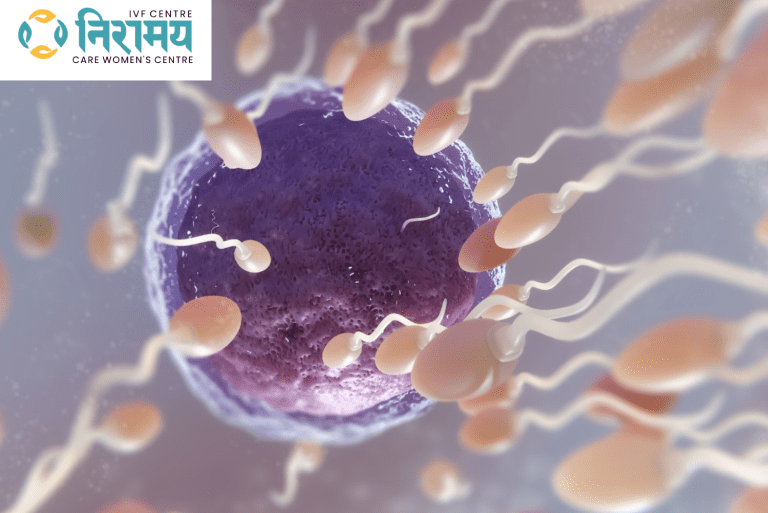Micro Manipulation ICSI –
In the realm of assisted reproductive technologies, Intracytoplasmic Sperm Injection (ICSI) stands out as a groundbreaking technique that has revolutionized fertility treatments. This article delves into the fascinating world of ICSI, exploring its intricate methodology and shedding light on its significance in overcoming male infertility challenges. With its ability to address various sperm-related issues, ICSI has become a beacon of hope for couples striving to fulfill their dreams of parenthood
The Evolution of ICSI:
ICSI, an acronym for Intracytoplasmic Sperm Injection, emerged in the early 1990s as a pioneering advancement in reproductive medicine. It was developed as an extension of in vitro fertilization (IVF) to overcome male infertility factors that hinder fertilization. Unlike traditional IVF, where the sperm and egg are combined in a petri dish, ICSI involves the precise injection of a single sperm directly into the cytoplasm of the egg. This remarkable technique not only bypasses natural barriers but also allows for successful fertilization in cases where traditional IVF may have failed.
The Procedure Unveiled:
At the core of ICSI lies the art of micro manipulation, a meticulous process that requires expert skill and precision. Under specialized microscopic equipment, a tiny glass pipette is used to immobilize and stabilize the selected sperm. Subsequently, a delicate needle, with a diameter thinner than a human hair, is carefully inserted through the egg’s outer shell and into the cytoplasm. The immobilized sperm is then injected gently through the needle, ensuring its successful placement within the egg. This intricate procedure demands not only technical proficiency but also a gentle touch, as even the slightest error could impact the outcome.
Unraveling Male Infertility:
ICSI’s Role:
Male infertility encompasses a wide range of conditions, including low sperm count, poor motility, abnormal morphology, and obstructive or non-obstructive azoospermia. ICSI has emerged as a game-changer in addressing these challenges by directly targeting sperm-related issues. It provides a lifeline for couples who would otherwise face insurmountable obstacles in achieving pregnancy. By manually selecting and injecting a viable sperm, ICSI circumvents the hurdles posed by poor sperm quality, thereby increasing the chances of successful fertilization and subsequent pregnancy.
Expanding Possibilities:
Beyond Traditional Indications:
Initially developed to overcome severe male infertility factors, ICSI has transcended its original purpose. It has proven beneficial in scenarios where conventional IVF may not yield desired outcomes, such as cases involving advanced maternal age, previous failed fertilization attempts, or frozen-thawed eggs. Additionally, preimplantation genetic testing can be incorporated alongside ICSI to screen embryos for chromosomal abnormalities, offering couples a comprehensive assessment of embryo health and potentially improving overall success rates.
Success Rates and Considerations:
While ICSI has undoubtedly revolutionized fertility treatments, it is important to note that success rates can vary depending on various factors. The expertise of the embryology team, the quality of the eggs and sperm, and the overall health of the couple all play significant roles. Additionally, the possibility of certain risks, such as genetic disorders associated with the male partner’s sperm, should be considered and discussed with a fertility specialist. Open communication, thorough assessment, and tailored treatment plans are crucial in optimizing the chances of a successful ICSI outcome.
Intracytoplasmic Sperm Injection (ICSI) has emerged as a remarkable technique in the field of assisted reproductive technologies. With its micro manipulation methodology, ICSI offers renewed hope for couples grappling with male infertility factors. By skillfully bypassing sperm-related challenges, this revolutionary procedure allows for successful fertilization, empowering couples to embark on their journey toward parenthood. As advancements continue to refine the technique, ICSI’s potential to expand possibilities and transform lives remains an enduring testament to the remarkable strides made in the realm of reproductive medicine.


